After over 10 years of teaching and probably over 50 observations under my belt, you'd think I'd be cool with observations by now! Sadly, I've come to accept that it just won't get any easier or less daunting. So why am I writing about loving lesson observations then?! Do I really love them? Well not exactly (who does) but there is something to love about them - really! Keep reading to see how you can learn to love them too and why you should!
There's always this pattern of emotions that I go through with planned observations, tell me if this sounds familiar:
1) Dismay: you get the email informing you of the observation "nooooo!"
2) Denial: I have weeks to deal with this. *Ignore, ignore, ignore*
3) Fret: gawd, the date is creeping up on me, I really need to start planning something...
4) Panic: OMG I don't know what to teach, why can't I think of anything? *research all the things*
5) Anticipation: OK I've exhausted Pinterest for ideas and I've planned a new lesson I've never tried before. I think it's good, I just really hope it works well...
6) Bravery: taking risks is scary..! What if it goes wrong? I may trial something similar beforehand to see how it goes.
7) Panic 2.0: Must print, photocopy and laminate all the things!
8) Dread: OMG it's observation day, I really don't want to do this...
9) Acceptance: there's no going back now, we're on. These kids better behave today...
10) Relief: oh thank goodness that's over!!! Time for feedback, o-oh... *cue next roller coaster of emotions*
1) Dismay: you get the email informing you of the observation "nooooo!"
2) Denial: I have weeks to deal with this. *Ignore, ignore, ignore*
3) Fret: gawd, the date is creeping up on me, I really need to start planning something...
4) Panic: OMG I don't know what to teach, why can't I think of anything? *research all the things*
5) Anticipation: OK I've exhausted Pinterest for ideas and I've planned a new lesson I've never tried before. I think it's good, I just really hope it works well...
6) Bravery: taking risks is scary..! What if it goes wrong? I may trial something similar beforehand to see how it goes.
7) Panic 2.0: Must print, photocopy and laminate all the things!
8) Dread: OMG it's observation day, I really don't want to do this...
9) Acceptance: there's no going back now, we're on. These kids better behave today...
10) Relief: oh thank goodness that's over!!! Time for feedback, o-oh... *cue next roller coaster of emotions*
Sound about right? So as you can see, when I say "love" observations, I clearly don't mean that I shout "woohoo observations baby, yeah!" at the top of my lungs, but there is a process involved that is very beneficial to helping us grow as teachers that I do love: the key areas are steps 5 and 6.
I believe there are 2 types of teachers in this world: ones who play it safe and ones who take risks.
In your every day teaching it is next to impossible to take risks every single lesson and try new things all the time. However, when observation time rolls around it is a great opportunity to try something different and challenge yourself a bit. In my career, the best observations I have ever done are always the ones where I took risks and tried new things - always. I still use all of those lessons and methods I experimented with to this day as part of my teaching arsenal, that I may never had tried if it wasn't for the pressure of an observation.
Now, I realise doing new things on an observation that you are being judged on is very risky as you want to at least know if it will work or not. Well, that's fine, you can still check! Once you've planned your new and exciting observation lesson, you can try out similar techniques before hand to see how it goes and whether it needs tweaking. But the key is using the observation as a tool to you challenge yourself in the first place.
I believe there are 2 types of teachers in this world: ones who play it safe and ones who take risks.
In your every day teaching it is next to impossible to take risks every single lesson and try new things all the time. However, when observation time rolls around it is a great opportunity to try something different and challenge yourself a bit. In my career, the best observations I have ever done are always the ones where I took risks and tried new things - always. I still use all of those lessons and methods I experimented with to this day as part of my teaching arsenal, that I may never had tried if it wasn't for the pressure of an observation.
Now, I realise doing new things on an observation that you are being judged on is very risky as you want to at least know if it will work or not. Well, that's fine, you can still check! Once you've planned your new and exciting observation lesson, you can try out similar techniques before hand to see how it goes and whether it needs tweaking. But the key is using the observation as a tool to you challenge yourself in the first place.
A recent example of this is I was recently trying out independent learning stations in my classroom in preparation for an upcoming observation. I wasn't sure on the best way to lay it out in my classroom, so I trialed out stations in some of my other lessons to experiment. In some classes I put my stations around the edge of my classroom and in others I spread them out among the students' desks to see what would work best. I also experimented with timings, music and group arrangements to find the sweet spot of success! I ended up choosing to put the stations around the edge of the room as it encouraged my students to actually get up out of their seats, I chose not to use groups as I wanted students to be able to work at their own pace, and I definitely liked the timer and music as it created a real buzz in the classroom!
So you see my point is this: you can learn to love observations if you use them as a tool to challenge yourself and take risks in your teaching. Although the idea of being watched and judged on your teaching feels stressful and horrible at first, if you choose to use it as an opportunity to make your teaching better, it can continue bring out the best teacher in you, year after year!
If you're looking for fun ways to jazz up your lessons and don't know where to start, one of my favourite books that I always dive into when I want to spice things up a bit is "Pimp Your Lesson" by Isabella Wallace and Leah Kirkman:
So you see my point is this: you can learn to love observations if you use them as a tool to challenge yourself and take risks in your teaching. Although the idea of being watched and judged on your teaching feels stressful and horrible at first, if you choose to use it as an opportunity to make your teaching better, it can continue bring out the best teacher in you, year after year!
If you're looking for fun ways to jazz up your lessons and don't know where to start, one of my favourite books that I always dive into when I want to spice things up a bit is "Pimp Your Lesson" by Isabella Wallace and Leah Kirkman:
It offers some really fun techniques and ideas to try out to give your lessons that little extra "somethin' somethin'!" Here are some country specific Amazon affiliate links to the book if you're interested in getting your own copies!
Amazon US: Pimp Your Lesson
Amazon UK: Pimp Your Lesson
Amazon US: Pimp Your Lesson
Amazon UK: Pimp Your Lesson
How do you feel about lesson observations? Are you more of a "play it safe" or "take a risk" kinda teacher? Drop me a comment below, I'd love to know!
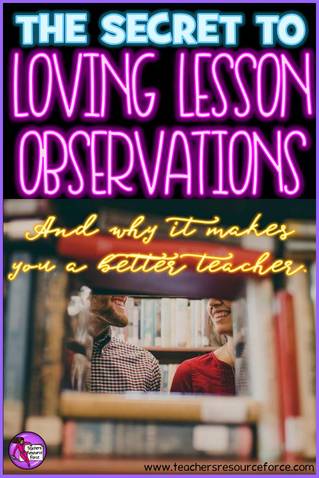



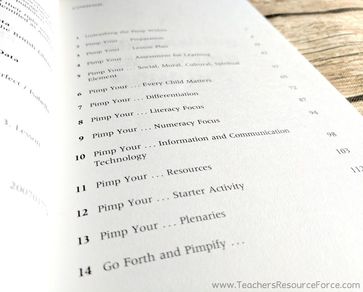



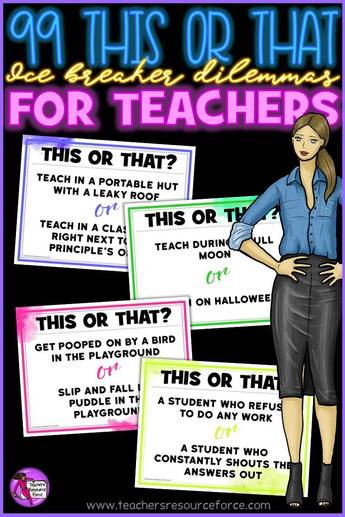
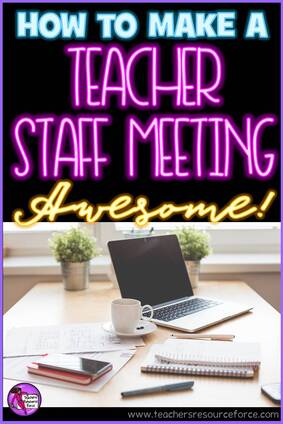












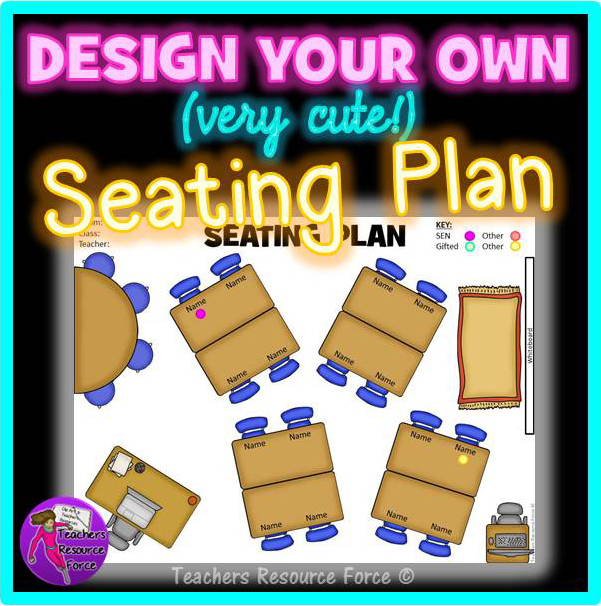

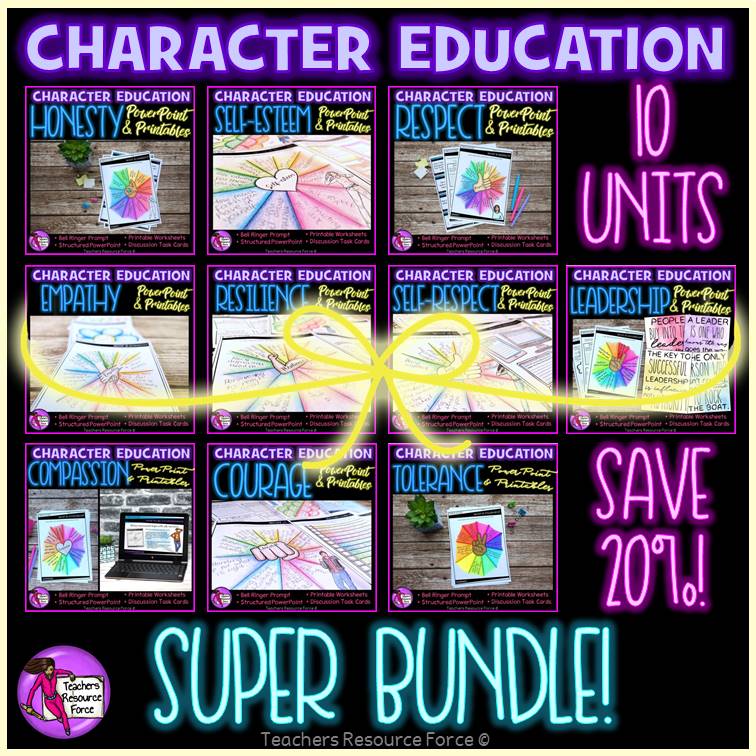
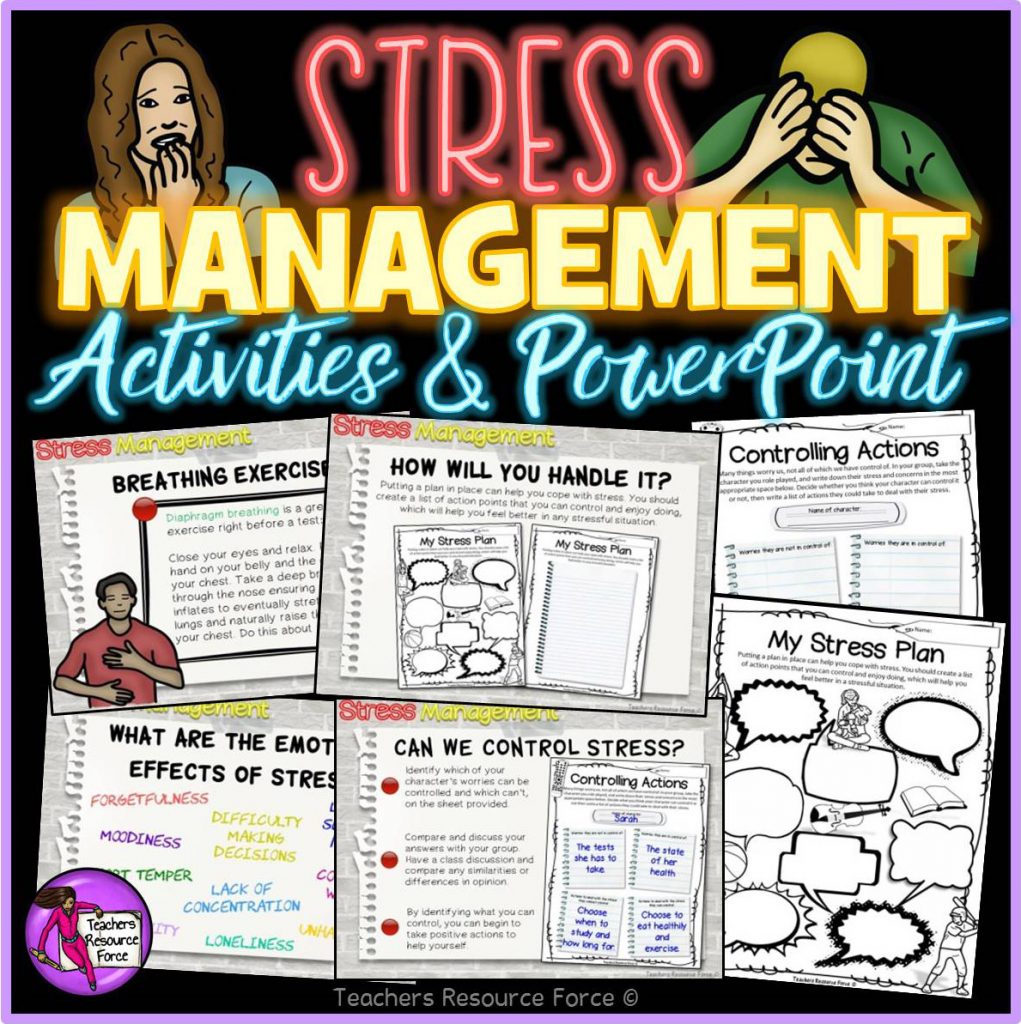
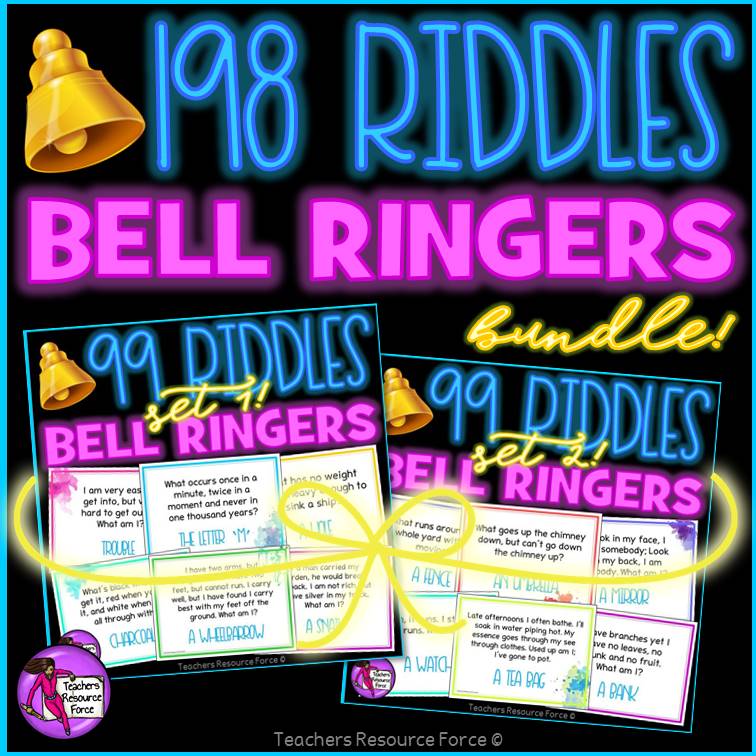
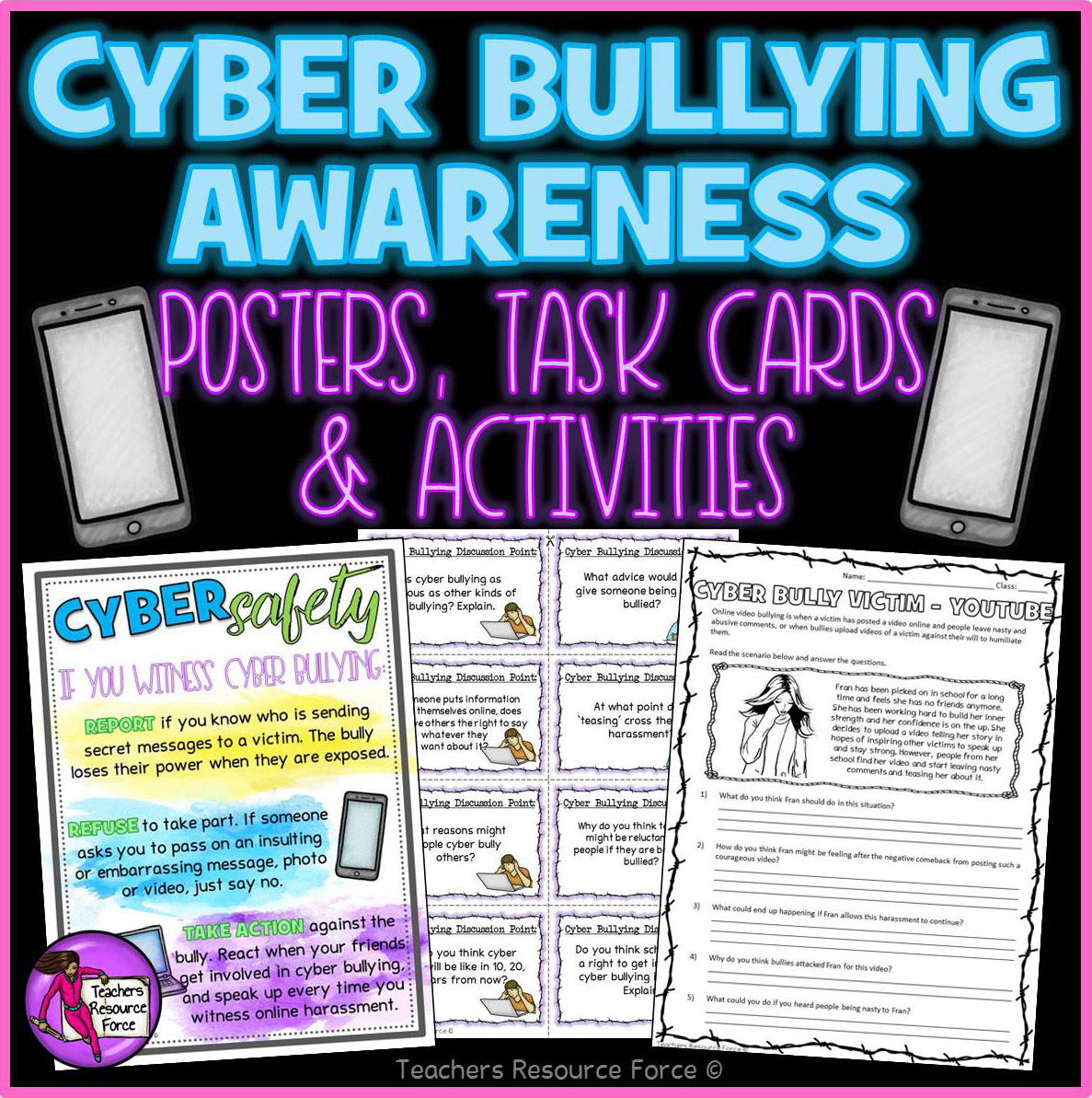











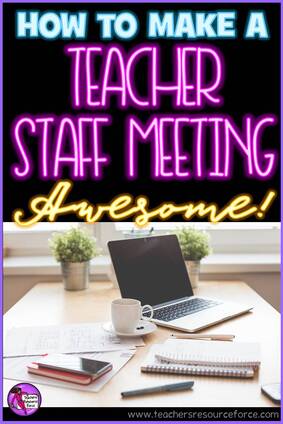

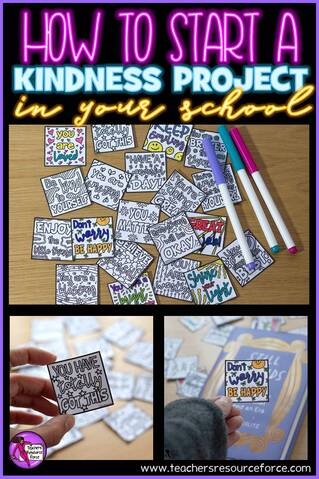


 RSS Feed
RSS Feed



